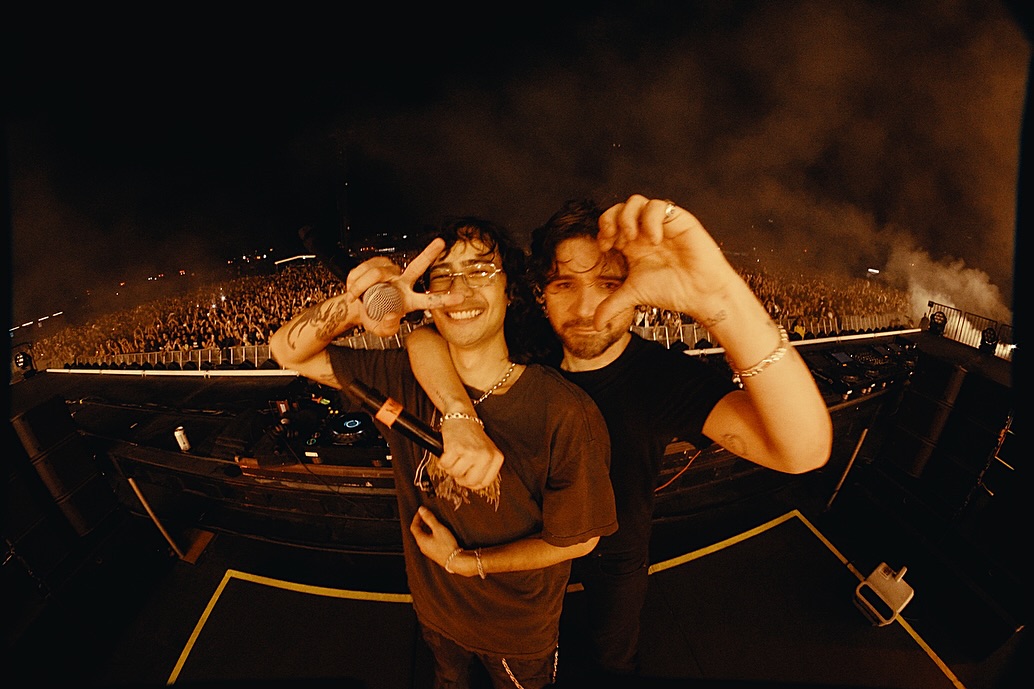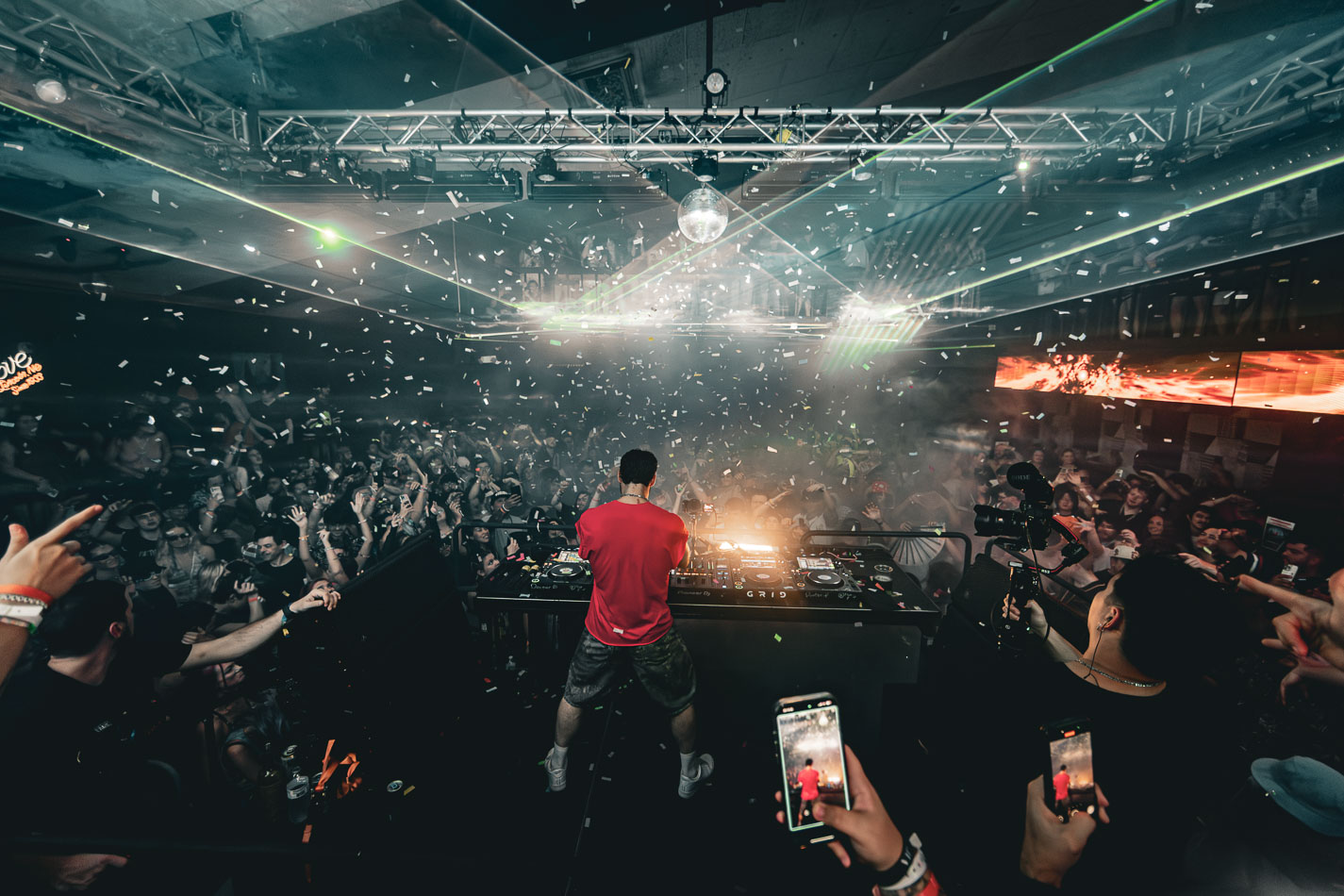The year 1986 saw Masami Kurumada create the classic Saint Seiya, and it maintains its influence on anime even today. Featuring a cast comprised mainly of young men, Saint Seiya tells the story of Athena and her Saints who fight against dark forces, typically other Greek gods like Hades and Poseidon. While it has been through several renditions, Saint Seiya has arguably stayed true to its original essence over the years. However, there have been a few hiccups along the way.
Netflix's recent adaptation divided the fan base with its controversial move to change Andromeda Shun from a boy to a girl named Shaun. A change like this isn't unprecedented, though. The 2014 CG film Legend of Sanctuary changed Scorpio Milo from male to female, but it didn't seem to attract as much backlash. Perhaps it is simply because fans are attached to Shun as a member of the main cast, but changing Shun's gender also erased an important part of his character.
To many, he represented a kind, soft-spoken masculinity, one not often associated with shonen protagonists. This set him apart from his allies and added depth to the series. He was powerful in his own way and worth just as much as his traditionally masculine teammates.
The most obvious foil to Andromeda Shun's gentle personality is his brother Phoenix Ikki's aggressive masculinity. Trained under harsh conditions and filled with hatred, Ikki actually begins Saint Seiya as an enemy to the Saints. At first, he is the prototypical tough guy with little regard for others. While Ikki grows and develops over the course of the series, he remains a paragon of masculine power. He could also be considered a white knight of sorts, as he has a habit of making a grand entrance at the last second to rescue the other Bronze Saints.
Comparably, Dragon Shiryu and Cygnus Hyoga have less dramatic -- yet still distinct -- personalities. Shiryu is easily the most mature of the main group, acting as the level-headed voice of reason. Hyoga comes across as cold but loyal to those he considers to be friends. They both represent a more reserved masculinity that lies toward the middle of the spectrum between Shun and Ikki.
Seiya also gives off a more balanced energy. Enthusiastic and unrelenting, the Pegasus Saint is a quintessential shonen protagonist. He is not as sweet as Shun and doesn't even compete with Ikki when it comes to raw aggression. Still, he remains the unwavering leader of the bunch and maintains his position as a beloved hero.
Each Bronze Saint demonstrates his own version of masculinity, and they are all perfectly valid. Despite their differences, none of these young men are any less manly than the others. They define masculinity according to their own terms. And, at the end of the day, they are all devoted to their friends and shared purpose. Saint Seiya's various depictions of manliness set it apart from other shonen anime and prove that being a man is much more than punching and slicing a path to victory.
About The Author

